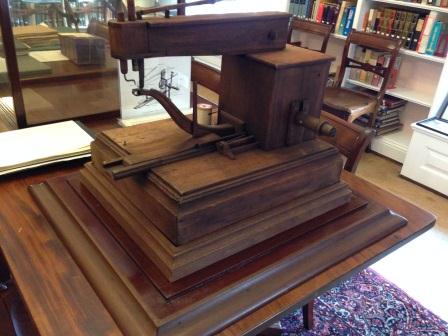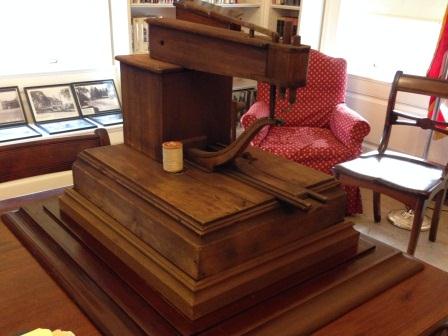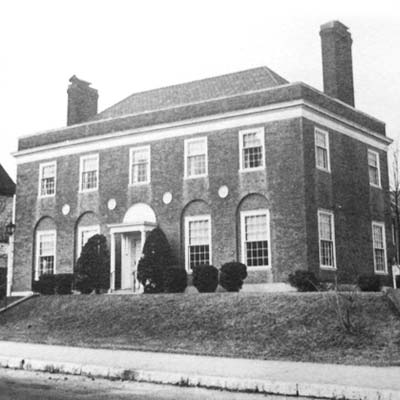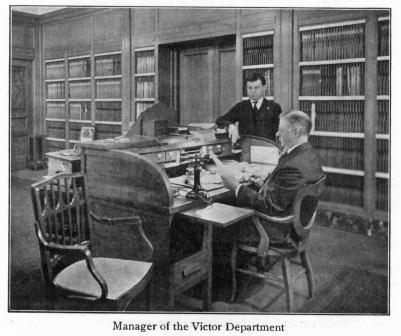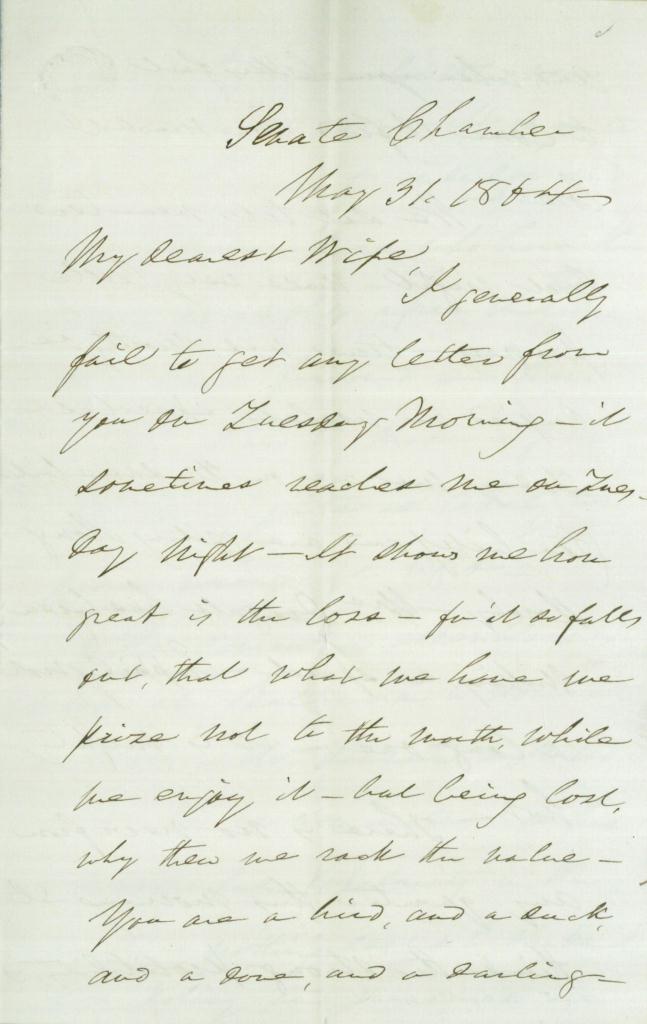By Nancy Heywood, Collection Services
Do you remember some of the people you’ve met while traveling? Maybe your flight got delayed (a real possibility these days!) or you had a long layover during one stage of your trip and you struck up a conversation with someone in a waiting room. Years later will you remember anything about them or your conversation?
Thanks to John Quincy Adams’ (JQA’s) diary entries from May 1814, a man named Zandelin comes vibrantly to life. This is a man JQA met while traveling between Reval, Russia (present-day Tallinn, Estonia) and Sweden. JQA had previously been serving as minister plenipotentiary to Russia and living in St. Petersburg, but in early 1814 he was appointed head of a commission to negotiate an Anglo-American peace treaty (and end the War of 1812). JQA was told the negotiations would take place in Gothenburg (although later he learned that the location was changed to Ghent, Belgium), but as of the spring of 1814 his destination was Sweden.
By May 1814, JQA had reached Reval, a port on the Gulf of Finland, and he arranged passage across the Baltic Sea on the ship Ulysses. Mr. Zandelin, a Swedish merchant, was another passenger on the vessel. Although Zandelin could be seen as an unimportant figure in history, his presence on the same ship as JQA and on the pages of JQA’s diaries, means that we have a more detailed and colorful picture of an 11-day stretch within JQA’s much longer journey to the site of the peace negotiations.
When JQA made arrangements with Captain Brinkmann (of the Ulysses) on May 3, he was told that the ship would leave a few days later. However, several factors including tricky sailing conditions (unfavorable winds and the fact that there was still a significant amount of ice in the harbor) delayed the departure of the ship. It wasn’t until the evening of May 15 that JQA was asked to board the ship.
When JQA arrived on board the Ulysses he found Mr. Zandelin surrounded by about a dozen men wishing him (Zandelin) farewell. These men departed the Ulysses via the same boat that shuttled JQA from shore out to the ship.
I immediately finished the packing of my Clothes, books and Papers, and came on board the Vessel– The Ulysses, Captain Brinkman– It was between 9 and 10 in the Evening. Mr Ross with ten or twelve other Gentlemen were on board; to take leave of Mr Sandolin, a Swedish Merchant, who freights the Vessel, and is also going in her as a Passenger– They returned on shore in the Boat, in which I had come on Board–
Despite favorable winds at 4 AM on the morning of May 16, 1814, the ship couldn’t depart because the officer of the guard ship didn’t arrive with the vessel’s pass and JQA’s passport until around 8:00 AM. The interactions with the guard took some time, and by the middle of the day, when the ship was cleared for departure, the winds had died down. A light breeze started in the evening, and despite the captain’s apprehension regarding the “floating masses of ice” he did attempt to set sail partly in response to the urgings of JQA and Mr. Zandelin. However, the unfavorable winds and ice prompted the captain to turn the ship around early on the following morning (May 17) and return to Reval.
Once the ship, crew and passengers were back where they started from—Reval’s harbor—a couple of Mr. Zandelin’s friends returned to the ship to visit with him, “In the afternoon, two Gentlemen of Mr Zandelin’s friends came on board, and spent an hour with him–“.
The temperatures were so cold that JQA had trouble holding his pen. However he continued to write diary entries every day of his journey, and they indicate that he spent a great deal of time reading. He was travelling with many books including a multi-volume memoir of the Duke of Sully entitled Memoirs of Maximilian de Bethune: Duke of Sully, Prime Minister to Henry the Great. Each published volume was divided into numerous “books,” and when he boarded the Ulysses JQA was reading book 12, and by the time he departed the ship he was reading book 30.
JQA’s diary notes that the wind conditions on the morning of May 18, 1814 were favorable, but the ship remained in the harbor. The captain had gone onshore for the day and didn’t return until the evening. Then on May 19 the ship couldn’t depart because the winds were once again unfavorable. JQA didn’t mention the level of his own frustration, but he wrote about Mr. Zandelin’s dwindling patience:
After a Night totally calm, there was again a light breeze this Morning. West by North– It was impossible to move. The breeze continued freshening all day long; and by 5 in the afternoon, the time of the New-Moon, had risen to a brisk Gale. It blew hard, the whole Evening; with some Rain. My fellow passenger Zandelin, for fear of losing his good humour, took to his bed, and slept, the greatest part of the day–
Despite Zandelin’s preemptive measures not to lose his good humor, it was all gone by May 20. JQA’s brief words clearly describes the situation:
At 6 this Morning the Wind was at North-North-East; and Mr Zandelin was in a flame to get immediately under weigh– The Captain was reluctant, and fearful; because none of the other vessels laying in the harbour shewed any signals of sailing–
Captain Brinkman overcame his reluctance, and the Ulysses did indeed set sail (again) on May 20. Difficult wind conditions and “ice islands” prevented it from making significant progress during the next two days (May 21-22, 1814), but the vessel did slowly move along the shore of Finland. On May 23 Mr. Zandelin had reached his limit, but was thrilled to find more favorable traveling conditions the next day. Zandelin’s low and high are both described by JQA:
The Night was nearly calm. My fellow passenger Zandelin had exhausted his Patience, and told me last Evening that if the wind continued as it was it would kill him– About 5 this Morning he came down from deck, in an extasy of joy, and said, Sir, I do not know whether I dare to tell you…We have the fairest wind in the world–just this moment sprung up– I answered that he needed not to have told me: for I had seen it in his face, the moment he opened the cabin door– This wind continued fair, the whole day; a light breeze, and scarcely a cloud to be seen–
The Ulysses reached Sweden on the following morning (May 25, 1814) and by the end of the day had navigated through the tricky channels and anchored in the harbor of Stockholm. During this final part of their journey on the Ulysses, Mr. Zandelin gave JQA information about why some of the channels were almost impassable. This is the last time JQA mentioned Zandelin in his diary. In the evening, JQA disembarked and found lodging at the English Tavern.
JQA’s diaries contain a lot of information, but the diaries don’t (and can’t) include everything. Although it would be interesting to know how frustrated JQA was with the slow pace of the journey from Reval to Sweden, we don’t know. Although it would be interesting to know if JQA was bemused or irked by Mr. Zandelin, we don’t know. We don’t really know what JQA’s and Mr. Zandelin’s interactions were like during the long voyage, although it is tempting to picture every interaction as a stark juxtaposition of a gregarious and emotive fellow with a composed and non-flappable man.
However, we do get to see references to Mr. Zandelin on the pages of JQA’s diaries, written by JQA in his steady and readable handwriting. Thanks to JQA, we do have glimpses of Mr. Zandelin from 200 years ago.
The quotes above are from pages 104-107 of John Quincy Adams diary 29, 1813-1816, from the Adams Family Papers. These pages, as well as all of JQA’s diaries (51 volumes comprised of more than 14,000 pages), are available online at the Massachusetts Historical Society’s website.
MHS has been tweeting JQA‘s line-a-day diary entries 200 years after the day he describes.
